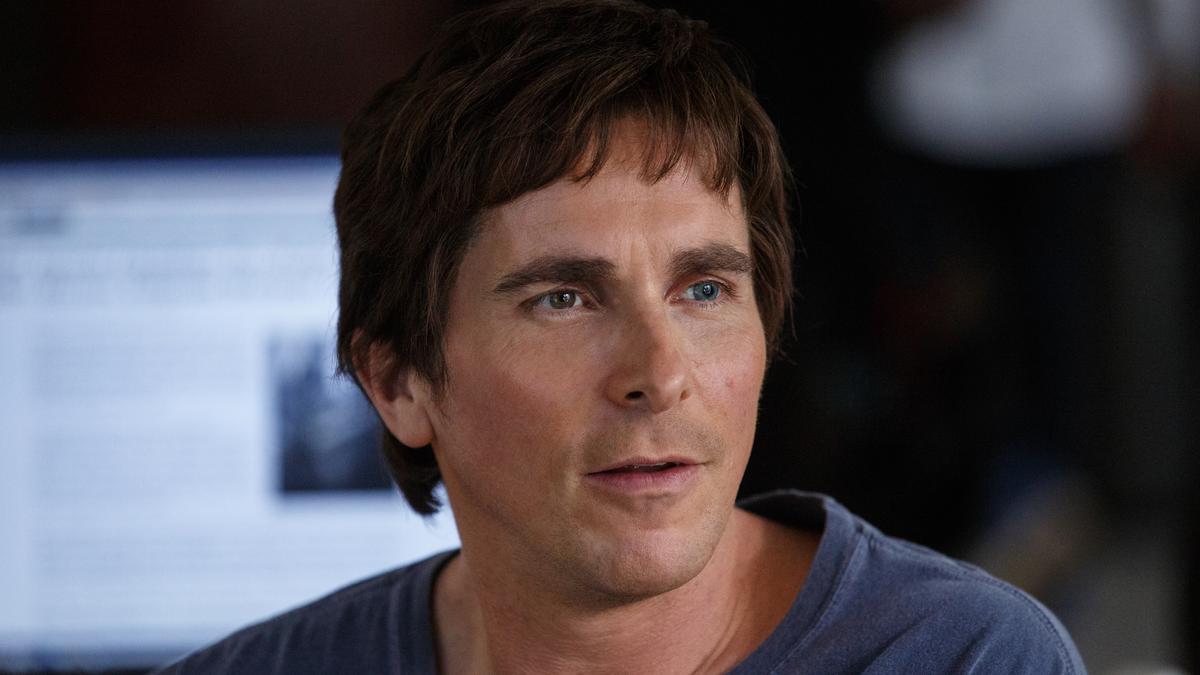
A Redditor’s post on luckily cashing in ahead of the recent downturn in the Indian stock market pushed me into a philosophical spiral. The fantasy of a bear market prediction scoring a fortune, even at the cost of millions losing millions, reminded me of The Big Short — of dreamily wishing for Michael Burry’s famous prediction of the American real estate bubble to come true, forgetting that it led the 2008 financial crisis resulting in unemployment of a massive scale.
Remember rooting for Dulquer Salmaan’s crooked bank employee to get away with securities fraud in Lucky Bhaskar? Or for Pratik Gandhi’s version of Harshad Mehta in Scam 1992 to outrun authorities, suspending the belief that it is a fact-based narrative? As the hero in Rogue Trader calls it, the idea that the market is a “one giant casino” is hard to uproot, and don’t we all wish for a lucky hand? The appeal of scammer films, centred on the financial markets, lies in their cathartic allure — to live a crime you would not commit yourself.
Pratik Gandhi in Scam 1992
| Photo Credit:
Special Arrangement
However, witnessing futures trader Nick Neelson’s gambles in Rogue Trader feels like going on a nauseating rollercoaster ride with no seatbelt. James Dearden’s film is among the few titles that vividly peek into the baffling bedlam of the pre-internet trading floor. Watching Robert Downey Jr.’s experience visiting that chaos in The Last Party tells you perhaps Martin Scorsese was not exaggerating in The Wolf of Wall Street.
Talking about trading floor zombies and corporate wolves, 1987’s Wall Street is a classic; it stars Michael Douglas as a top-bill investor who entices a small-time stockbroker to insider trading, eventually revealing his predatory business ethics.
The pop culture-influenced perception of the ideal stock trader is a young White male with folded sleeves and gelled hair, like Charlie Sheen’s sexed-up character in Wall Street. 2016’s Equity asserts that this world is not an all-boys club. Meera Menon’s mildly gripping yet immersive film features Breaking Bad’s Skyler White as a hush-voiced, go-getter investment banker, shadowed by a failed IPO, fighting tooth and nail to secure an upcoming high-stakes public listing.
Leonardo DiCaprio as Jordan Belfort in a scene from The Wolf of Wall Street
| Photo Credit:
MARY CYBULSKI
Films like Margin Callshow the aftermath of a financial crisis; unlike The Big Short, JC Chandor’s riveting fiction does not water down the nitty-gritty, showing the events over a fateful night in an over-leveraged bank scrambling for a doomsday plan ahead of the 2008 collapse.
A film that engrossingly captured the aftereffects of 2008 is Too Big To Fail, which takes us behind the scenes of the American bureaucracy as it grappled with the fallout of the financial sector, attempting to untangle the complicated knots in getting banks to solve a problem they created.
Contrasting an underdog-hits-a-jackpot story likeDumb Moneyto a documentary like Inside Job, you wonder if life in markets, deep down, conditions you with machiavellian concepts of success. Perhaps, Haruki Murakami was right in 1Q84 when he wrote, “Everyone, deep in their hearts, is waiting for the end of the world to come.”
From The Hindu cinema team, a fortnightly column recommending films and shows tied to a mood, theme, or pop-cultural event.
Published – March 28, 2025 03:26 pm IST
The Hindu MetroPlus
/
English cinema
/
World cinema
/
The Hindu Weekend










